Expired Labels
By Amberle Brown - Banquet Network Co-Founder
I stood with a milk bottle in my hand, trying to muster up the visual acuity to make out the numbers on the label. But no matter how long I stared and squinted, I couldn’t see the expiration date. Thank God for Facetime and loving husbands and friends. Reading expiration dates on labels is one of the many things that vision impairment makes more difficult. Now I have to use my other senses instead of relying on a simple label to determine whether my next sip will lead to projectile…anything.
But learning to function without labels isn’t all bad. I’ve learned to practice greater awareness and analysis. Plus, there’s the added excitement of never quite knowing exactly what condiment I’m opening until I get a good whiff of it.
This week at an informational meeting for The Banquet Network, we talked about a different kind of label. If you take a few minutes looking around our website, you’re bound to see the phrases “people with disabilities” or “families with special needs.” These are terms we use to give focus to our mission, name a population that is too often overlooked, and encompass an extremely diverse group of faces and names.
As we discussed whether or not these terms should be used in our ministry, I brought the conversation into my own life. Do I like to be called “the blind girl?” Of course not. But is it necessary to identify myself as blind or visually impaired so that I can be understood and receive the services I require? Absolutely. This dichotomy exists for us at The Banquet Network too – we always want to emphasize that people are people first, that we are not defined by our abilities – but we also recognize the practical necessity of using terms like “disability” or “special needs” in order to communicate our vision and hope.
At The Banquet Network, we are encouraged when we here people talking or writing about “children with special needs”, or “adults who use wheelchairs” because it means that people are actually talking about something that has been overlooked and unnoticed for far too long. It means that churches are gaining an awareness of the barriers they unconsciously impose on people of different abilities. But we never want these labels to be the end of the story. We never want “people with disabilities” to remain known by that label. These labels have an expiration date. We want these labels to be replaced with names – instead of “person with autism”, we want to hear “Brandon”, instead of “woman with cerebral palsy”, we want to say “Jessica.” Because this is what disability-inclusion comes down to – knowing one another. When we know someone with a disability, we don’t define them by their disability. When we are friends with people who function differently than we do, we do whatever we can to get them to Jesus.
For the friends of the man in Mark 2, the paralyzed man wasn’t just “the paralyzed man” – or they wouldn’t have gone to the extreme physical exertion of ripping the roofing off of a house, lifting him up on top of the house and lowering him with ropes to get him in front of Jesus. You don’t do that kind of thing for a label. You do that for a friend. So today our prayer is that those with disabilities and special needs in our lives would move one step further along this path – from ignored – to labeled – to known.
